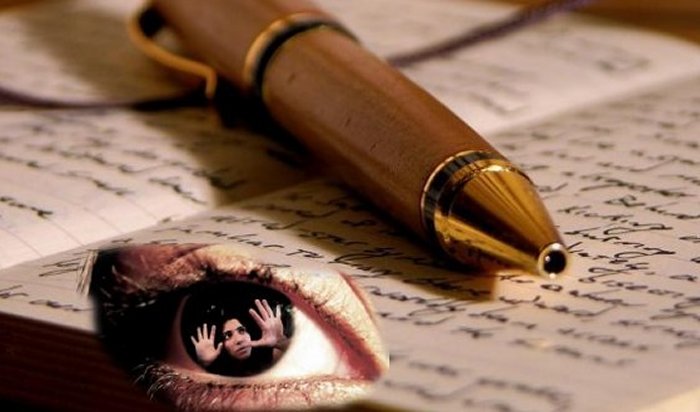MessageToEagle.com – A large number of studies in the past few decades support a link between mental illnesses and creativity, particularly manic depressive disorder and schizophrenia.
“Some of the first research in this area focused on simple correlation studies, looking for quantifiable evidence that mental illness is more common among creative people,” wrote Adrienne Sussman, a research assistant in Prof. Ellen Markman’s lab in the Stanford Psychology Department, in her article about mental illness and creativity published in Stanford Journal of Neuroscience.
“In a 1987 study, Dr. Nancy Andreason of the University of Iowa found that a sample of creative writers had significantly higher levels of bipolar disorder than a control group of similar intelligence levels.”
Additionally, Dr. Andreason discovered that the writers’ first-degree relatives were also more likely both to be creative and to be predisposed to mental illness, implying that the two traits are genetically linked…”
People with creative minds, like those with psychotic illnesses, usually see the world differently to most.
These people often seem weirder than the rest of us and their highly creative professions are treated more often for mental illness than the general population.
Howard Phillips Lovecraft struggled with a mental illness up to the end of his life and the famous novelist Virginia Woolf famously suffered with depression and eventually drowned herself. Also Hans Christian Andersen suffered from depression Graham Greene suffered from bipolar disorder, just to name a few.
Researchers at Karolinska Institutet say that a particularly salient connection has been found between writing and schizophrenia.
Last year, the researchers showed that artists and scientists were more common amongst families where bipolar disorder and schizophrenia is present, compared to the population at large.
They subsequently expanded their study to many more psychiatric diagnoses – such as schizoaffective disorder, depression, anxiety syndrome, alcohol abuse, drug abuse, autism, ADHD, anorexia nervosa and suicide – and to include people in outpatient care rather than exclusively hospital patients.
The present study tracked almost 1.2 million patients and their relatives, identified down to second-cousin level. Since all were matched with healthy controls, the study incorporated much of the Swedish population from the most recent decades. All data was anonymized and cannot be linked to any individuals.
See also:
Why Hypnosis Does Not Work For Some Of Us – Scientists Explain!
Intelligence And Memory Shaped By Individual Differences In Brain
Kim Ung-Yong – The Man With World’s Highest IQ Has A Message To All People
Mysteries Of The Mind And Brain
The results confirmed those of their previous study: certain mental illness – bipolar disorder – is more prevalent in the entire group of people with artistic or scientific professions, such as dancers, researchers, photographers and authors.
Authors specifically also were more common among most of the other psychiatric diseases (including schizophrenia, depression, anxiety syndrome and substance abuse) and were almost 50 per cent more likely to commit suicide than the general population.
The researchers also observed that creative professions were more common in the relatives of patients with schizophrenia, bipolar disorder, anorexia nervosa and, to some extent, autism.
According to Simon Kyaga, consultant in psychiatry and doctoral student at the Department of Medical Epidemiology and Biostatistics, the results give cause to reconsider approaches to mental illness.
“If one takes the view that certain phenomena associated with the patients illness are beneficial, it opens the way for a new approach to treatment,” he says.
“In that case, the doctor and patient must come to an agreement on what is to be treated, and at what cost. In psychiatry and medicine generally there has been a tradition to see the disease in black-and-white terms and to endeavour to treat the patient by removing everything regarded as morbid.”
Copyright © MessageToEagle.com All rights reserved. This material may not be published, broadcast, rewritten or redistributed in whole or part without the express written permission of MessageToEagle.com








